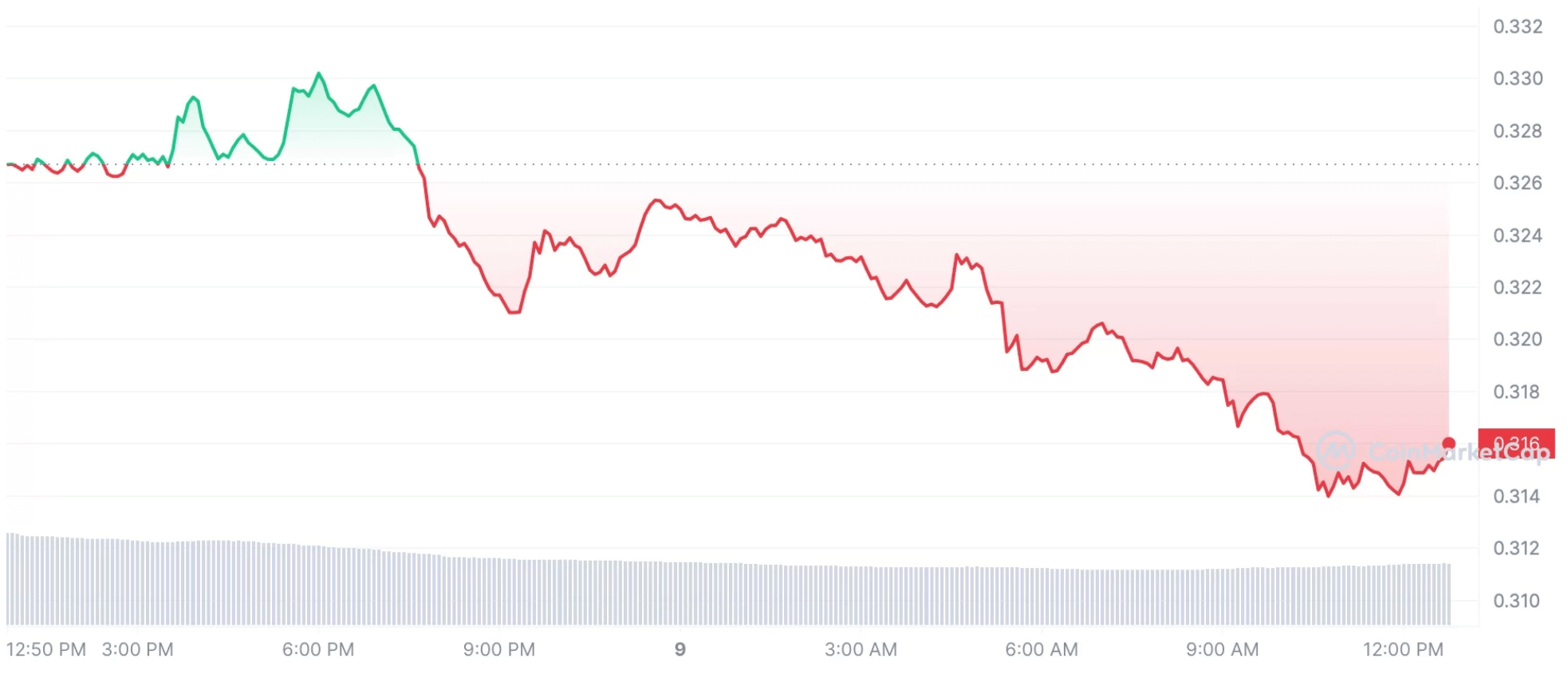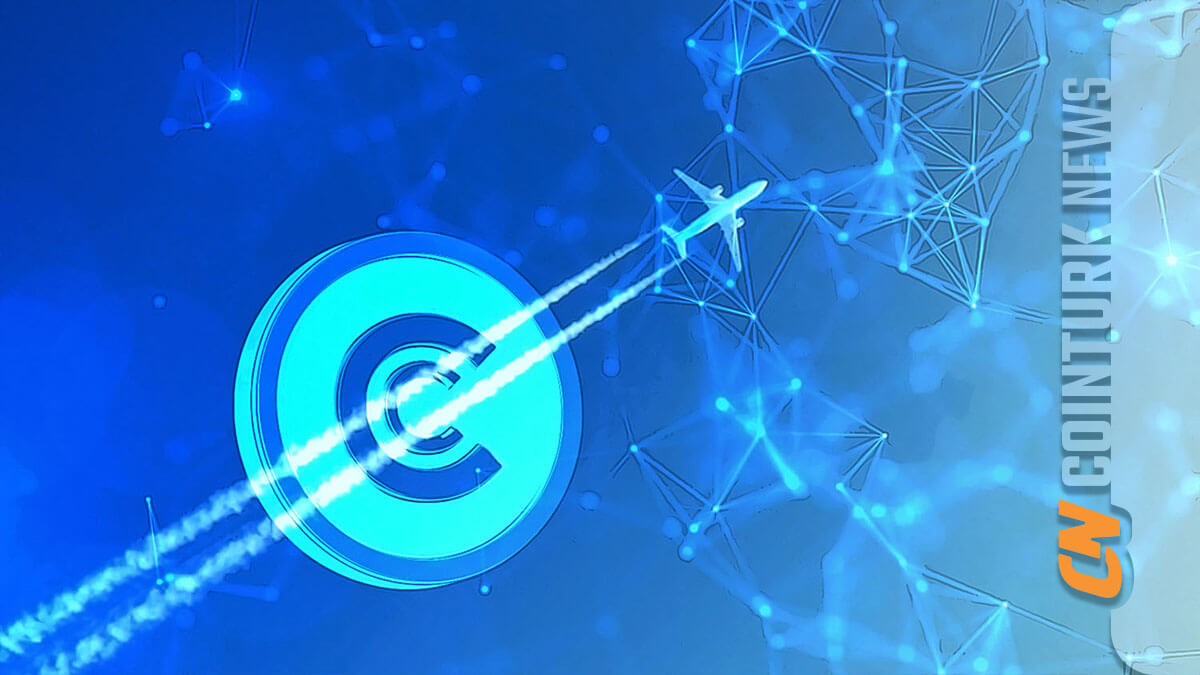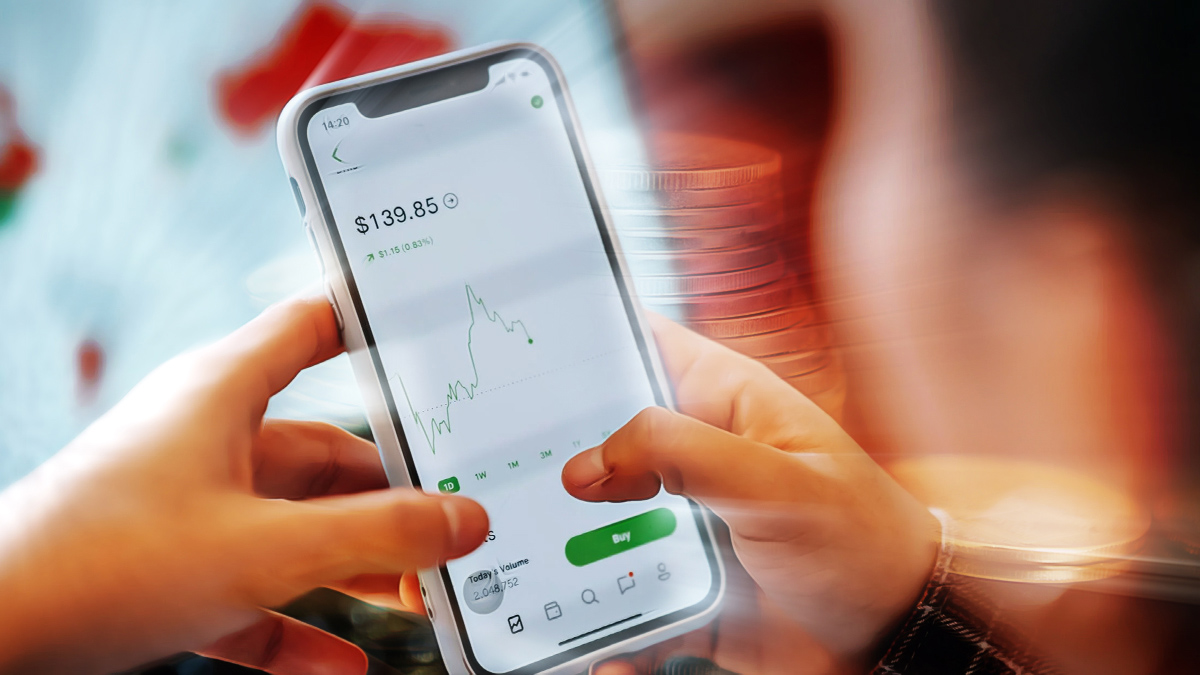The popular altcoin project Cardano‘s development company, Input Output Global (IOG), has responded to the allegations from the U.S. Securities and Exchange Commission (SEC) that ADA, the native asset of the Cardano blockchain, might be classified as a security.
“SEC Lawsuits Contain Numerous Factual Inaccuracies”
IOG highlighted that the SEC lawsuits, initiated earlier this week against the world’s largest cryptocurrency exchanges Binance and Coinbase, contain “numerous factual inaccuracies.” The company stated that these lawsuits, which also classify ADA as a security, would have no impact on IOG’s operations.
In a recent statement, IOG affirmed, “ADA is not a security that can be evaluated under US securities laws under any circumstances. It has never been.” The company added that understanding how decentralized blockchains work is a fundamental component of responsible regulation.
IOG also asserted that clarity or certainty, which both the blockchain industry and consumers deserve, cannot be provided through sanction actions.
Altcoins that the SEC Designated as Securities
Altcoins marked as securities by the SEC, including Cardano‘s ADA, have faced pressure to sell as investors react to regulatory risks. Since the start of the week, ADA has lost more than 10% of its value and continues to be under selling pressure, trading at $0.3158 with a 3.28% decrease in the last 24 hours.

Besides ADA, the SEC has designated other altcoins, such as Polygon (MATIC), Sandbox (SAND), Filecoin (FIL), Axie Infinity (AXS), Chiliz (CHZ), Flow (FLOW), Internet Computer (ICP), Near (NEAR), Voyager (VGX), Dash (DASH), and Nexo (NEXO), issued by foundations or companies, as securities. These altcoins also faced a strong sell-off following this marking.
You can reach other altcoins marked as securities by the SEC so far from our article titled “Which Altcoins Are Securities”.









